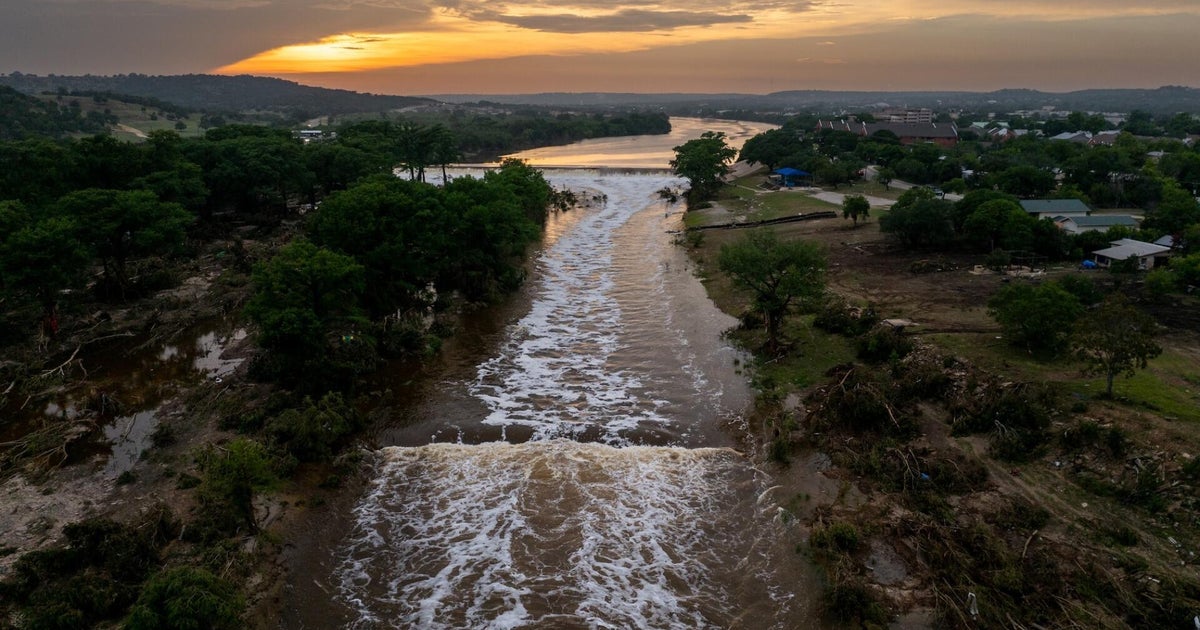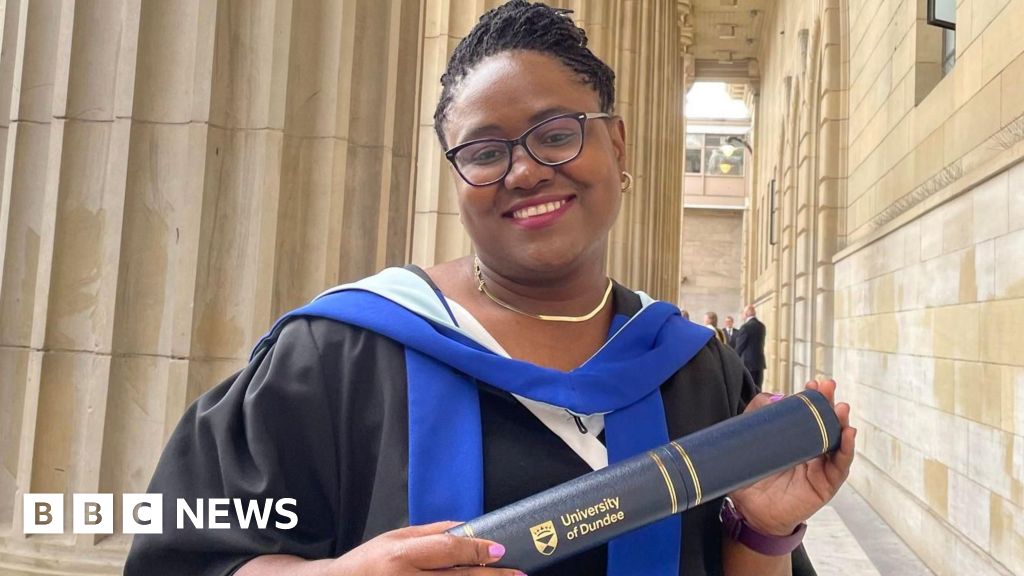Megan Hall: Welcome to Possibly, where we take on huge problems like the future of our planet and break them down into small questions with unexpected answers. I’m Megan Hall.
This episode, we’re asking a big question: if a plant or animal can’t survive where it lives because of climate change, should we help it move somewhere new? Tameem Zaidat and Vidula Mannem from the Possibly Team have more on this debate.
Tameem Zaidat: Hi, Megan!
Vidula Mannem: Hi there!
Megan Hall: So, tell me more about this idea around moving animals and plants that can’t keep up with climate change. Is this really necessary?
Tameem Zaidat: Well, to find out, we talked to Dov Sax, a conservation biologist from Brown University. He says, this is a real issue.
Dov Sax: There’s a lot of concern right now that with climate change, species won’t be able to survive where they currently live over the long run.
Tameem Zaidat: Basically, rising temperatures are making certain places too hot for animals to stay where they live. But, often they can’t get somewhere cooler on their own.
Megan Hall: What makes it so hard for them to move?
Tameem Zaidat: One big reason is speed. Earthworms and trees, for example, move extremely slowly.
Vidula Mannem: Earthworms may only travel around 10 meters a year, and trees can only move as far as acorns fall, or as far as other animals can carry them. Humans are another reason…
Dov Sax: Imagine you’re in San Diego, along the coast, and you need to get north of LA. Very few species can move through LA on their own and survive. So you’ve now created this giant geographic barrier that’s gonna stop species from moving.
Megan Hall: So, are people already helping plants and animals move because of climate change?
Tameem Zaidat: Not really. Dov says the little moving that’s happening right now is mostly for economic reasons—
Dov Sax: So people are moving trees further north because they’re gonna grow them in a plantation, and where they used to grow in their native range, they don’t grow as well as they used to.
Tameem Zaidat: Some scientists have helped species move for the sake of research, but very few scientists or environmentalists are moving creatures or plants to protect them from climate change.
Megan Hall: Why not?
Vidula Mannem: Dov says there are a few reasons– cost and the fear of unintended consequences:
Dov Sax: It’s cheap to move acorns; it’s expensive to move deer. But the other is a lot of people are worried these species might do too well in a new place and cause trouble,
Tameem Zaidat: That’s what happened with eucalyptus trees in California. Brought in for timber nearly 200 years ago, their fast growth and survivability came with a cost: pushing out native plants and fueling wildfires. They helped drive the deadly 1991 Oakland Hills fire and fanned recent wildfires burning through LA.
Megan Hall: Got it. So should we even be doing this?
Tameem Zaidat: Even with the risks, that’s not an easy question to answer. Dov says it’s really a moral choice:
Dov Sax: Humans have interfered or affected the climate in a really severe way. And so some people might then view us as having a moral obligation to act to try to remedy the damage we’re causing, and others might not. They might say well we’ll still let nature handle itself and they might be ok with the idea that some fraction of species might be lost.
Vidula Mannem: But we’re not there yet. For now, assisted migration is something scientists are still studying, so that if we do start moving species around, we can avoid doing more harm than good.
Tameem Zaidat: That’s why every decision has to be careful, informed, and made with the future in mind. Because once we’ve moved a species, there’s no going back.
Megan Hall: Got it. Thanks, Tameem and Vidula!
That’s it for today. You can find more information, or ask a question about the way your choices affect our planet, at askpossibly.org. You can also subscribe to Possibly wherever you get your podcasts or follow us on Instagram, Facebook, LinkedIn, X, or Bluesky at “askpossibly”
Possibly is a co-production of Brown University’s Institute for Environment and Society, Brown’s Climate Solutions Initiative, and the Public’s Radio.








 English (US) ·
English (US) ·